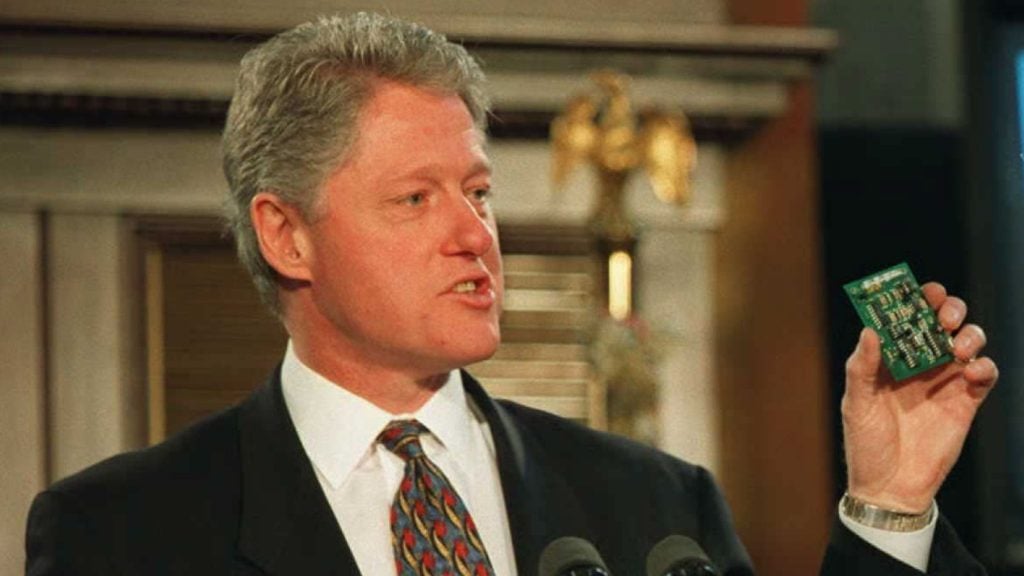A new report from the House Judiciary Committee released on Wednesday, and confirming our previous reporting, casts the Global Alliance for Responsible Media (GARM) under scrutiny, suggesting potential violations of federal antitrust laws due to its outsized influence in the advertising sector.
We obtained a copy of the report for you here.
Established in 2019 by Rob Rakowitz and the World Federation of Advertisers, GARM has been accused of leveraging this influence to systematically restrict certain viewpoints online and sideline platforms advocating divergent views.
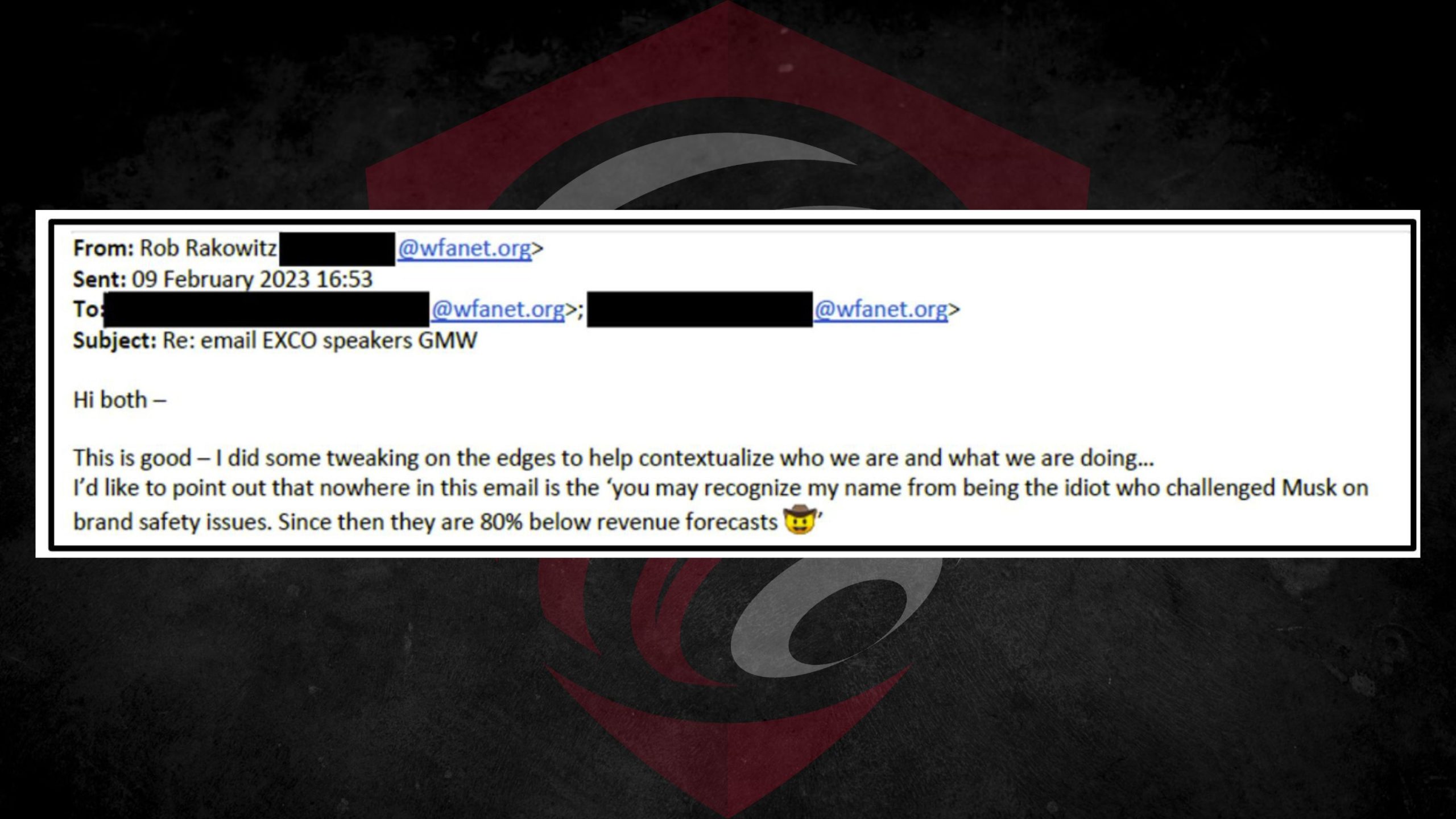
The organization, initially conceived to manage the surge of free speech online, is reported to coordinate with major industry players including Proctor & Gamble, Mars, Unilever, Diageo, GroupM, and others. The collaboration appears to stretch across the largest ad agency holding companies worldwide, known collectively as the Big Six. Such collaboration raises concerns about a concerted effort to police content, especially content that challenges mainstream narratives.
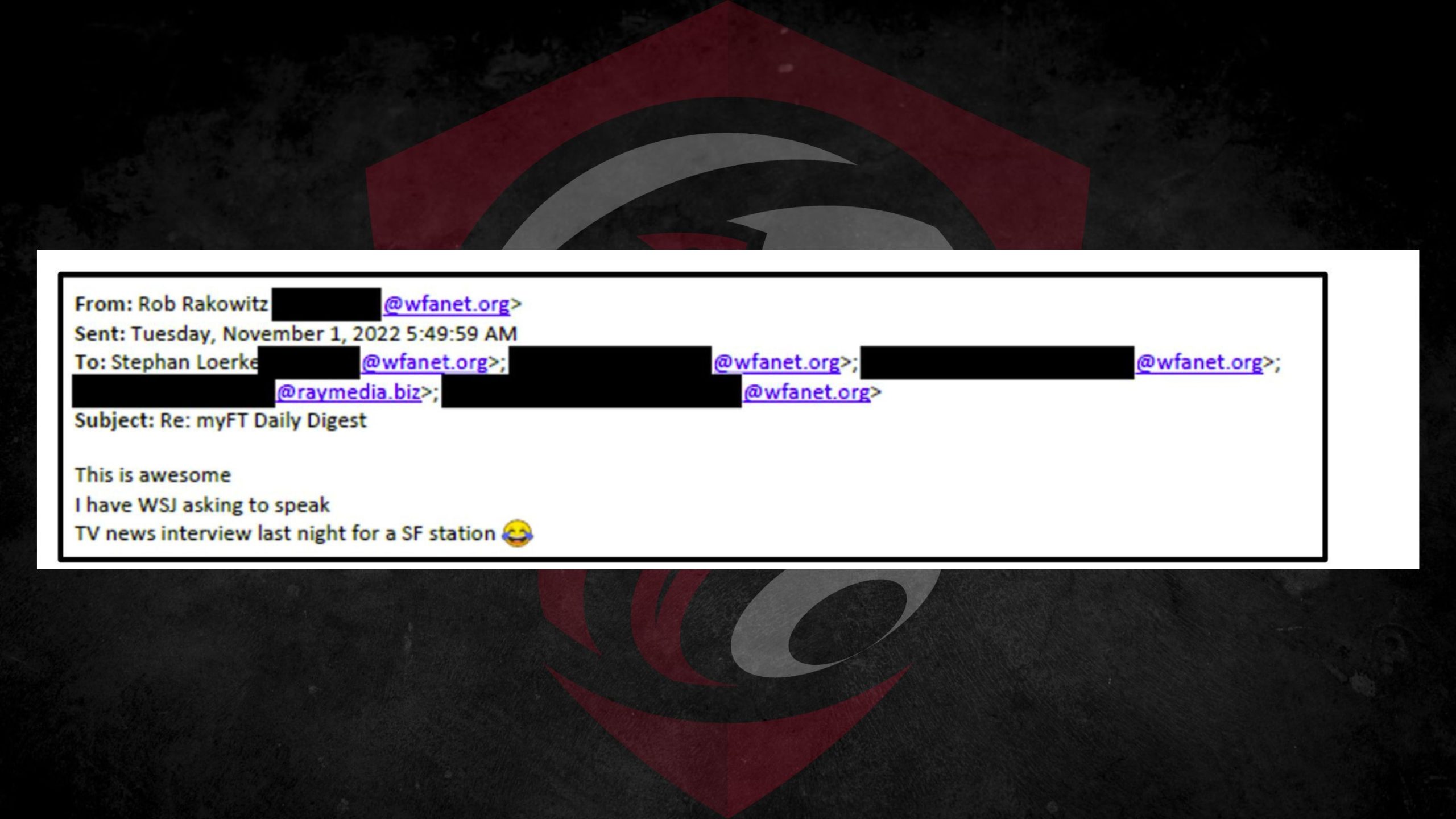
Specifically, the report highlights GARM’s actions following the rebranding of Twitter by Elon Musk and its attempts to silence discussions on controversial topics like COVID-19 vaccines on Spotify’s “The Joe Rogan Experience.” Despite no “brand safety” risks acknowledged by GroupM, GARM still pressed for advertising restrictions on Rogan’s podcast.
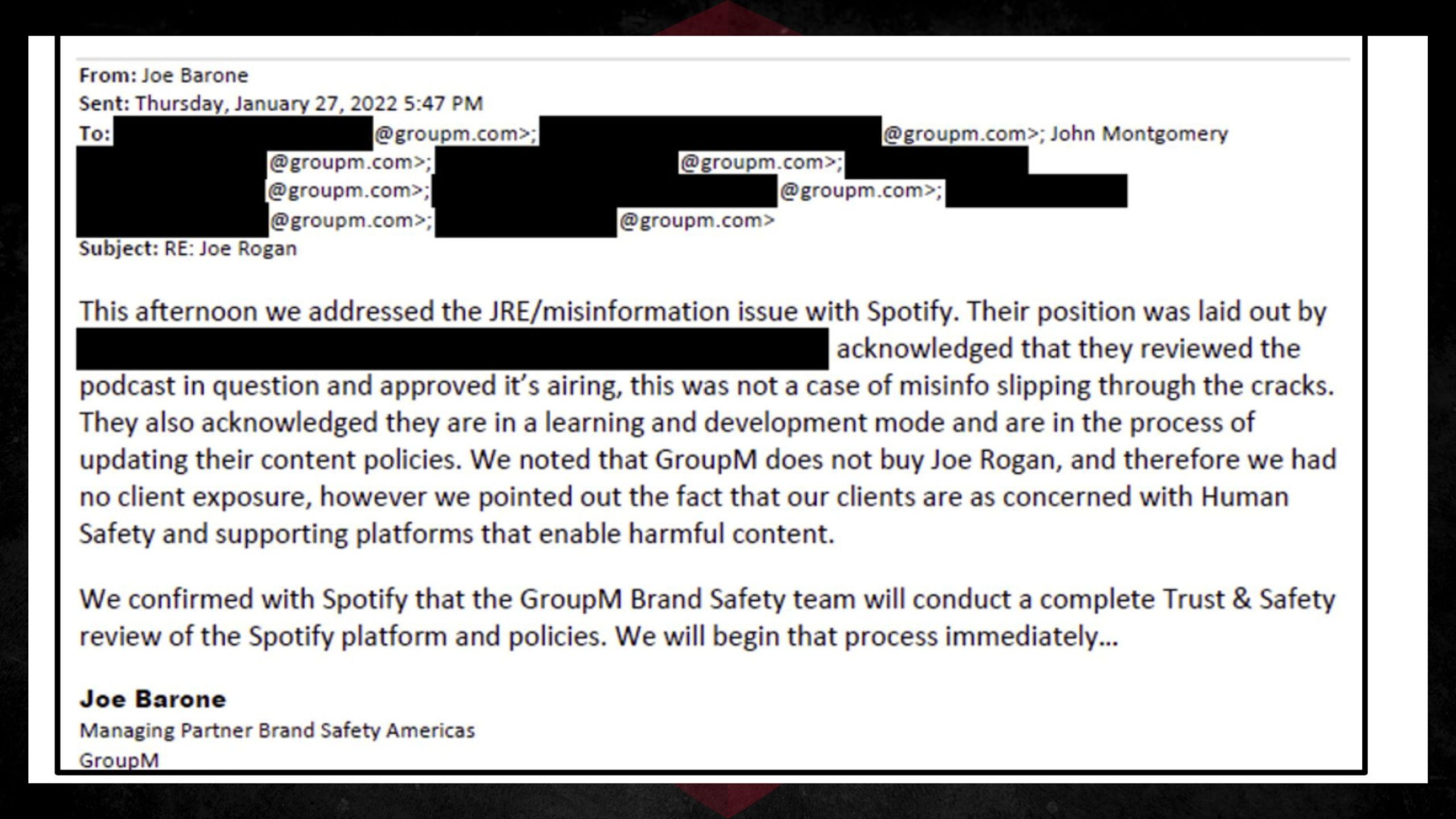
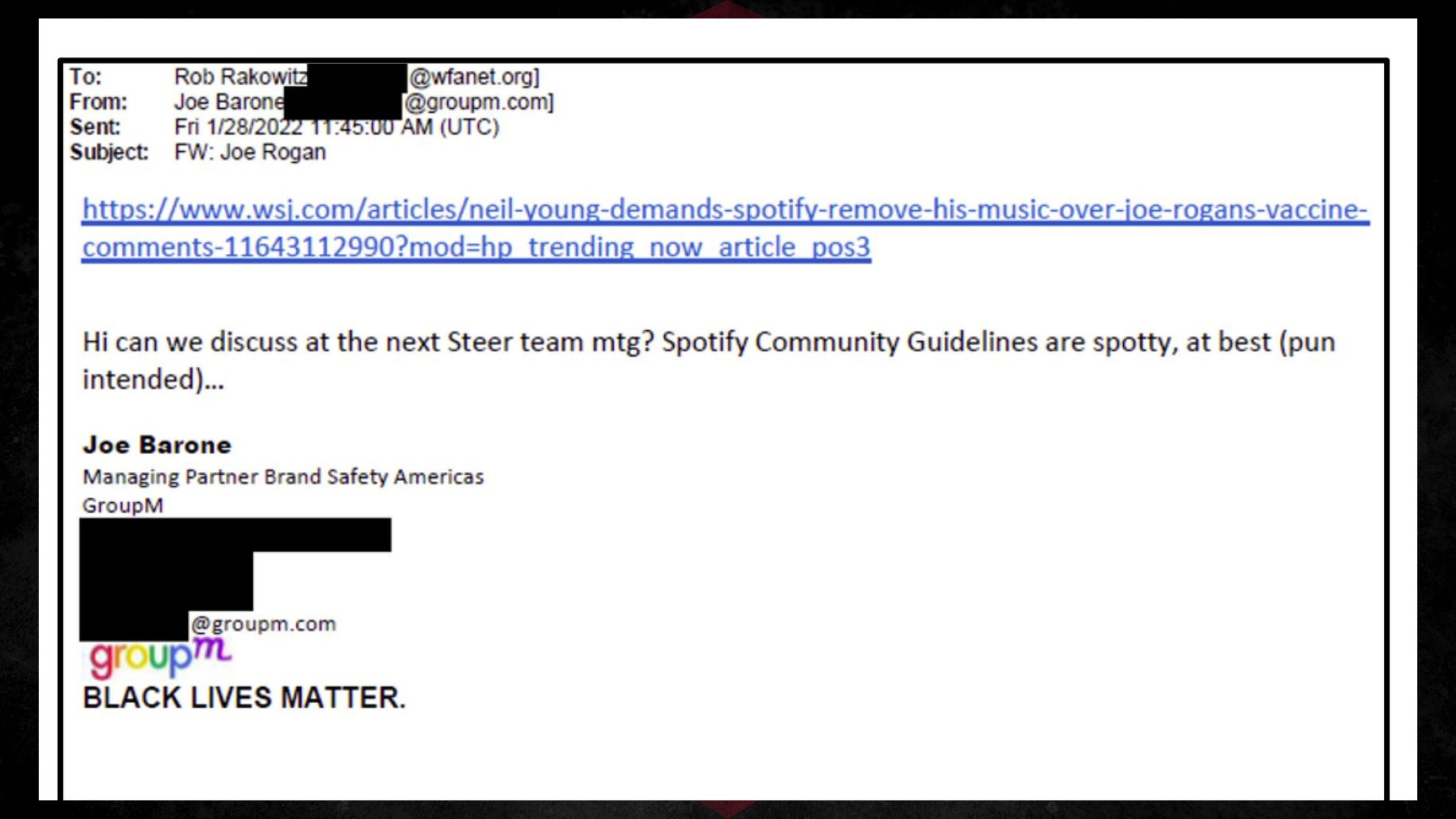
Moreover, internal communications within GARM reveal selective targeting against platforms like The Daily Wire, categorized under the “Global High Risk exclusion list” for purportedly promoting “Conspiracy Theories.” The report also includes examples where GARM leaders expressed disdain towards conservative outlets such as Fox News, The Daily Wire, and Breitbart News, aiming to curtail their advertising revenue by labeling their content as objectionable.
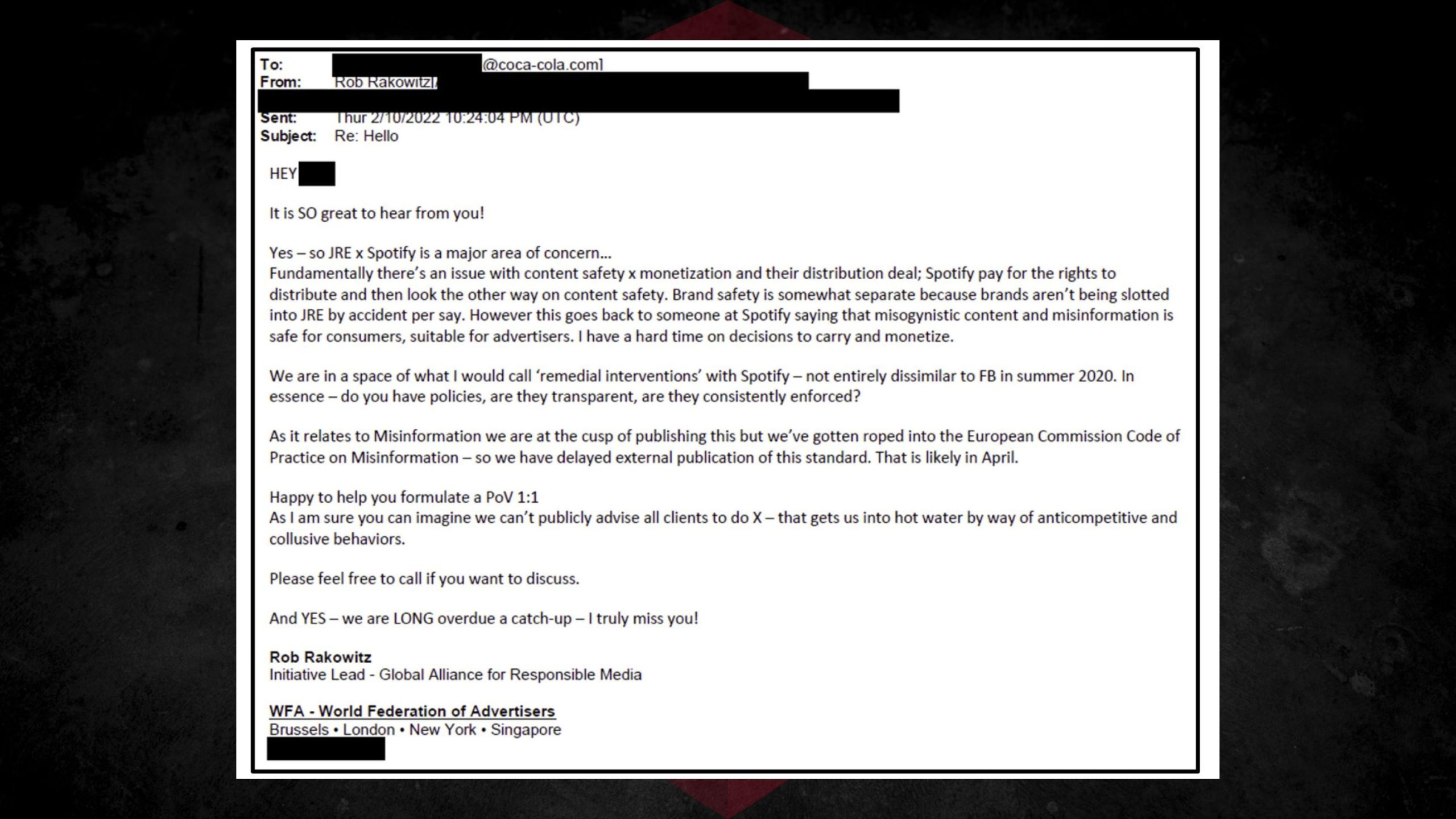
The committee’s findings suggest that GARM’s methods not only potentially contravene Section 1 of the Sherman Act, which prohibits conspiracies that restrain commerce but also infringe upon fundamental American freedoms by censoring protected speech. This has raised significant concerns about the implications for democratic values and the diversity of voices in the American public sphere.
In response to these allegations, the House Judiciary Committee has called for a hearing, which was held today, to examine whether the current antitrust law enforcement and penalties are sufficient to address such collusive behaviors within online advertising, signaling a critical review of how advertising power is wielded in the digital age.










